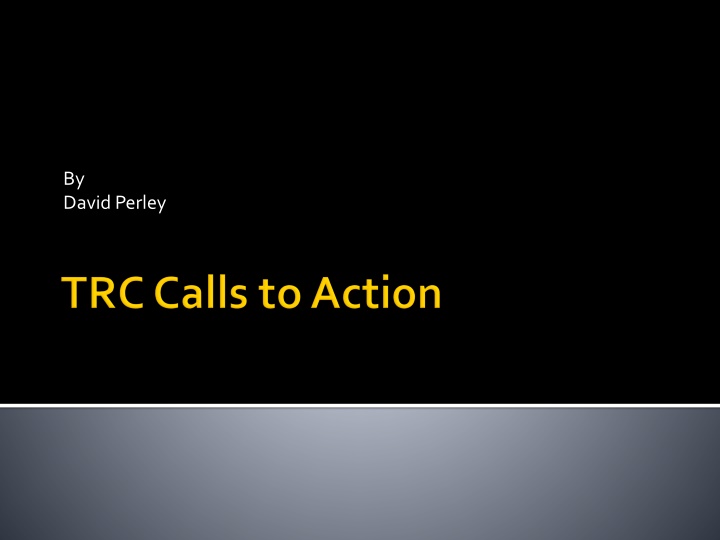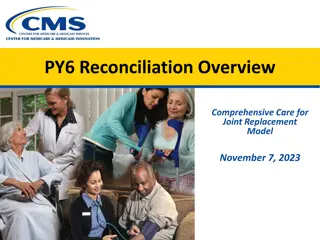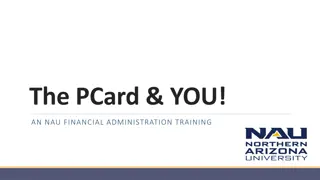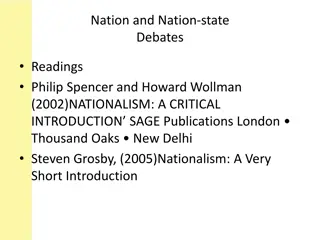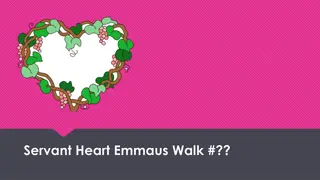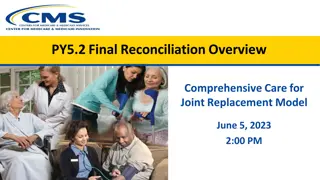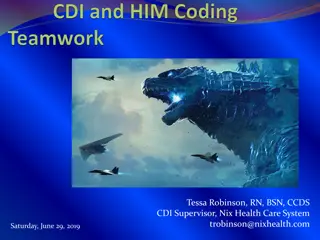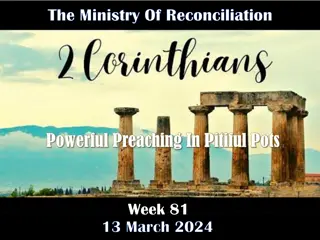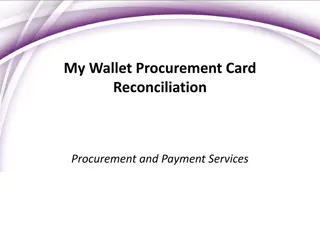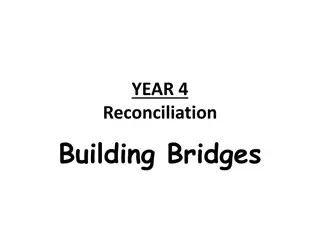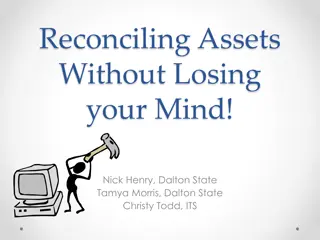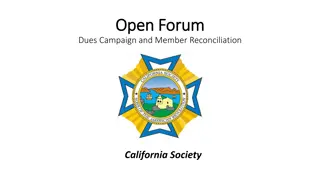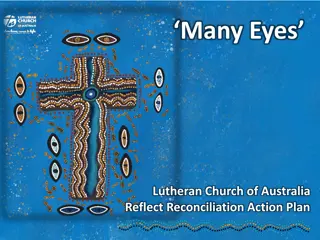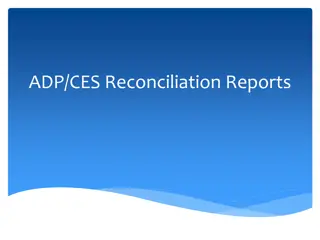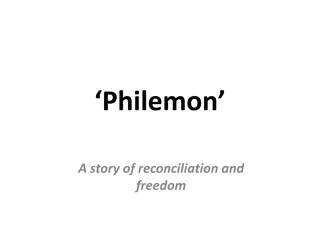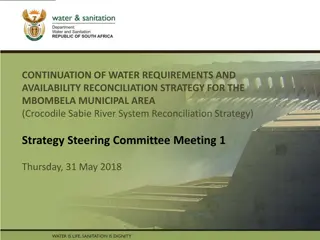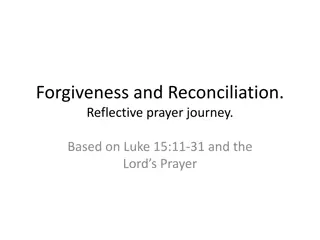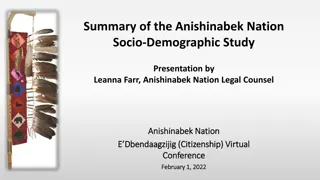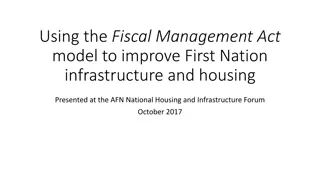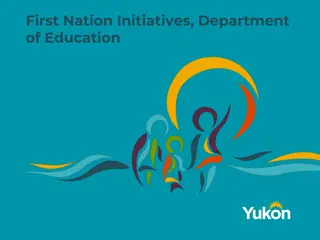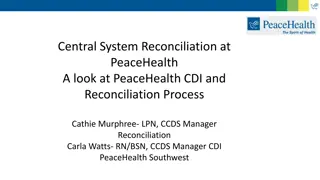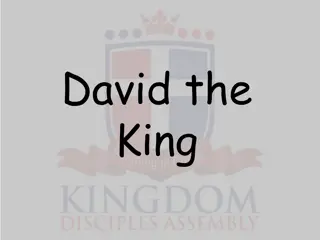Journey of Reconciliation: Insights from David Perley of Tobique First Nation
In his compelling words, David Perley emphasizes the importance of reconciliation between Aboriginal and non-Aboriginal peoples in Canada. He highlights the need for awareness of the past, acknowledgment of harm, atonement, and action for change to establish respectful relationships. Perley's message underscores the vital role of Aboriginal contributions, emphasizing that truth, justice, and healing are essential for genuine reconciliation and building a shared future on these lands.
Download Presentation

Please find below an Image/Link to download the presentation.
The content on the website is provided AS IS for your information and personal use only. It may not be sold, licensed, or shared on other websites without obtaining consent from the author.If you encounter any issues during the download, it is possible that the publisher has removed the file from their server.
You are allowed to download the files provided on this website for personal or commercial use, subject to the condition that they are used lawfully. All files are the property of their respective owners.
The content on the website is provided AS IS for your information and personal use only. It may not be sold, licensed, or shared on other websites without obtaining consent from the author.
E N D
Presentation Transcript
By David Perley
It is time to commit to a process of reconciliation. By establishing a new and respectful relationship, we restore what must be restored, repair what must be repaired, and return what must be returned. (page 6) David Perley, Tobique First Nation
Reconciliation is about establishing and maintaining a mutually respectful relationship between Aboriginal and non-Aboriginal peoples in this country. (page 6) David Perley, Tobique First Nation
In order for that to happen, there has to be awareness of the past, acknowledgement of the harm that has been inflicted, atonement for the causes, and action to change behavior. (page 6 and 7) David Perley, Tobique First Nation
Reconciliation must inspire Aboriginal and non-Aboriginal peoples to transform Canadian society so that our children and grandchildren can live together in dignity, peace, and prosperity on these lands we now share. (page 8) David Perley, Tobique First Nation
We are all Treaty people. History plays an important role in reconciliation; to build for the future, Canadians must look to, and learn from, the past. (page 8) David Perley, Tobique First Nation
Aboriginal peoples have an important contribution to make to reconciliation. Their knowledge systems, oral histories, laws, and connections to the land have virtually informed the reconciliation process to date, and are essential to its ongoing progress. (page 9) David Perley, Tobique First Nation
Without truth, justice, and healing, there can be no genuine reconciliation. Reconciliation is not about closing a sad chapter of Canada s past, but about opening new healing pathways of reconciliation that are forged in truth and justice. (page 12) David Perley, Tobique First Nation
. to meet and explore the United Nations Declaration on the Rights of Indigenous Peoples, as the framework for reconciliation in Canada. We remain convinced that the UN Declaration provides the necessary principles, norms, and standards for reconciliation to flourish in twenty-first-century Canada. (page 21) David Perley, Tobique First Nation
Section 7 of NB Education Act Objective 6 of 10 Year Education Plan ASD-West Wabanaki Education Policy Tuition Agreements with Wolastoqey First Nations School Initiatives David Perley, Tobique First Nation
Circle of Understanding Sessions Teacher In-Service Wolastoqey Language in Schools Wolastoqi Teacher Recruitment Treaty Day, Orange Shirt Day District-Based Wabanaki Education Conference David Perley, Tobique First Nation
Woliwon! Wela lin! Merci! Thank you! Email; dperley@unb.ca Phone; 447-7322 David Perley, Tobique First Nation
